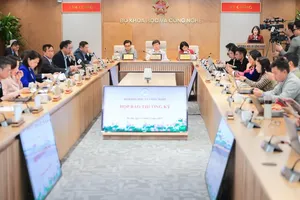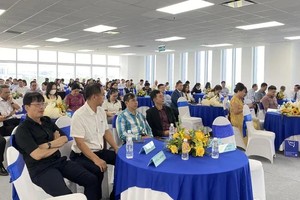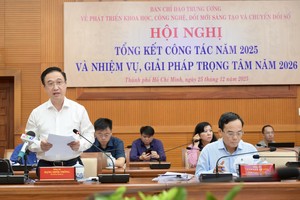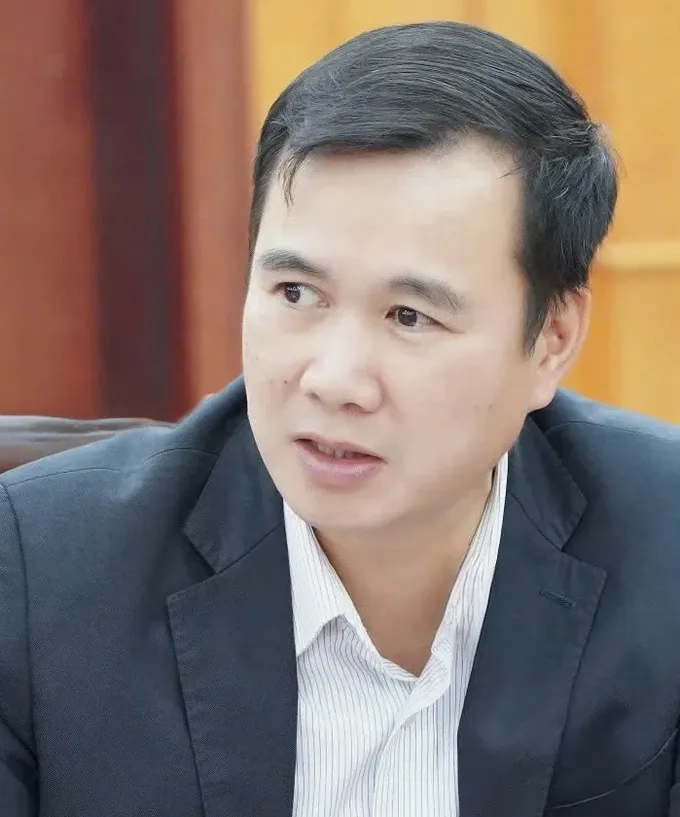
According to Deputy Minister of Science and Technology Bui The Duy, Resolution No.57-NQ/TW, issued by the Politburo on December 22, 2024 concerning breakthrough development in science and technology (S&T), innovation, and national digital transformation, strategically targets institutional bottlenecks and matters of the current time such as data, artificial intelligence (AI), Blockchain, and the Internet of Things (IoT).
It prioritizes the testing of emerging technologies, creating the necessary conditions for rapid advancement. The goal is to introduce new technological products and strategic technologies into practical application as quickly as possible.
To achieve this, Resolution 57 is highly action-oriented, assigning responsibilities to all levels of the Party, ministries, agencies, and localities. This necessitates internal reviews and reassessments of existing institutions, policies, and systems.

Resolution 57 introduces new guiding principles from the Politburo for mobilizing resources, addressing challenges, and unleashing creative potential. This is exemplified by the recognition that investments in S&T, innovation, and digital transformation are long-term endeavors with inherent risks.
Furthermore, it mandates the review, updating, and adjustment of mechanisms and policies related to public procurement investment, intellectual property, and the management of S&T projects. The aim is to empower lead units to own research results, thereby incentivizing further investment, research, development, and practical application.
The resolution also addresses public investment and procurement policies, encouraging the adoption of S&T outcomes even if they have not yet met traditional market criteria. This aims to accelerate their integration into production and business. Similarly, criteria for aiding businesses investing in S&T, innovation, and digital transformation infrastructure are prioritized and supported by the state.

Chairman Nguyen Trung Chinh of CMC Group commented that Resolution 57 from the Politburo heralds a new chapter for Vietnam's sustainable development. This is not merely a strategic direction but a genuine opportunity for Vietnam to solidify its position on the global technology landscape, in close collaboration with businesses and the technology community.
Crucially, the Resolution encourages the application of emerging technologies like AI, big data, and digital platforms across all sectors, from businesses and healthcare to education and public administration.
This will form a critical foundation, enabling Vietnam not only to keep pace with global advancements but also to potentially lead the global technology race. Particularly, AI is not simply a technology; it is a tool for transforming mindsets, propelling Vietnam onto the world stage.
Vietnam’s 2045 development goal hinges on S&T, innovation, and digital transformation, requiring aligned state policies and corresponding activities of the technology sector. As a shared responsibility, CMC and the technology community are committed to Resolution 57, aiming for a sustainable future and a globally significant tech presence for Vietnam.
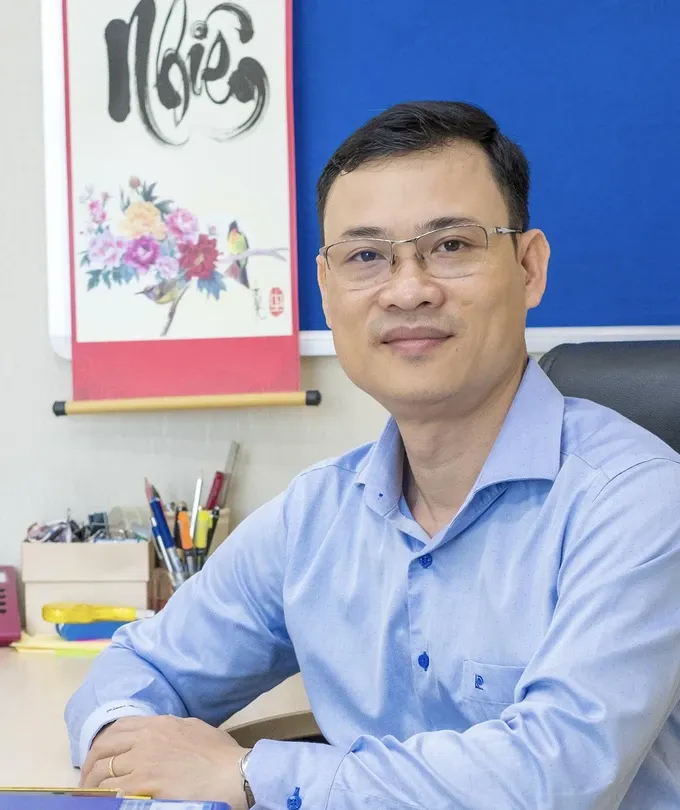
Deputy Director Nguyen Duc Chung of the HCMC Digital Transformation Center stated that the HCMC Digital Transformation Center is tasked with implementing digital transformation programs, projects, and plans, as well as smart city initiatives. It also provides digital transformation support services to agencies, organizations, and businesses to facilitate the city’s socio-economic development.
Guided by the groundbreaking and innovative spirit of the seven task and solution groups outlined in Resolution 57, the Center will, in 2025, prioritize advising and proposing the city to implement and fully operationalize new platforms and applications. These will aid the city’s leadership, direction, administration, and management on a digital platform.
This includes ensuring the stable operation and AI integration of diverse data sources, empowering citizens to effectively utilize the HCMC Digital Citizen App, the HCMC Administrative Procedure Resolution Information System, and other applications.
The Center will also launch a platform to help the management and administration of neighborhoods and hamlets, creating a digital environment that fosters closer connections between citizens and local authorities.
A further priority is the development and completion of HCMC’s digital infrastructure (including telecommunications/internet infrastructure, data infrastructure, and physical/digital infrastructure). This must meet the demands for ultra-high capacity, ultra-wide bandwidth, universality, sustainability, intelligence, environmental friendliness, and security, supporting the development of a digital economy, digital society, and digital government.
The Center will also implement an integrated, AI-enabled platform for monitoring, supervising, and ensuring the stable, continuous, and secure operation of the city’s Data Center and shared systems. Providing expert advice and implementing a plan for cooperation, training, and in-depth workshops on digital transformation, data management, and information security, along with enhancing digital capacity across city departments, sectors, districts, and localities, are also key responsibilities.
2025 is critical for achieving digital transformation goals. Guided by Resolution 57, the Center is committed to innovation and fulfilling its mission, ushering in a new era for HCMC and Vietnam in general.

Vice President of Vietnam National University – Ho Chi Minh City (VNU-HCM) Prof Dr Nguyen Thi Thanh Mai voiced that as the largest university in Southern Vietnam, her institution has a responsibility to develop action plans, specific solutions, and assessments for the implementation of Resolution 57. This action plan will prioritize research groups focusing on large, groundbreaking projects and favor interdisciplinary proposals over individual research topics.
VNU-HCM, in collaboration with relevant units, will develop pilot policies enabling its member units to lead and manage research programs with high potential for practical application. Research projects and programs will be contracted with a focus on final deliverables, reducing the administrative burden of financial settlement procedures, infrastructure investment, and human resources.
VNU-HCM’s workshop on S&T task management and Resolution 57 implementation gathered nearly 200 scientists and managers. Discussions focused on enhancing research, product effectiveness, publications, and financial mechanisms to optimize Resolution 57’s action program.
In addition, to become a top 100 Asian university by 2030, VNU-HCM is committed to innovative, internationally standardized training. More than 200 accredited programs provide 140,000 graduates with comprehensive knowledge and leadership skills. Specific technology programs of the university aim for top 50 Asian rankings.
















